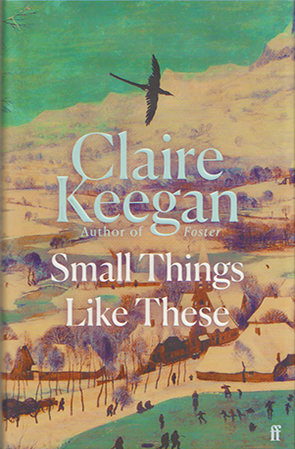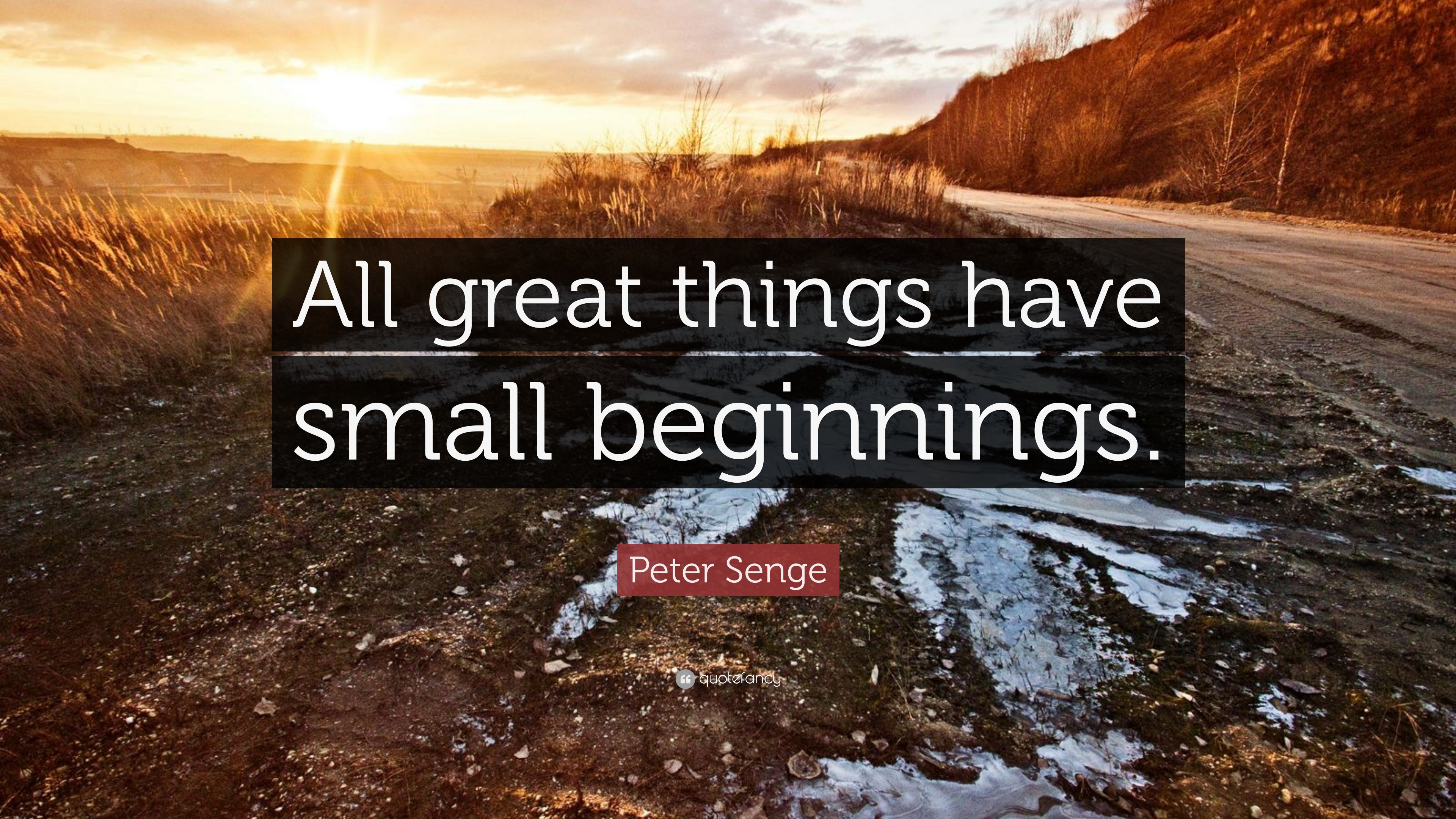

Neil MacGregor, chair of the judges, said of the shortlist: “The purpose of the prize is to encourage people to read, and to talk about what they are reading. The shortest book to win was Penelope Fitzgerald’s Offshore (1979), which was 132 pages long. A longer novel would not have suited his personality.” Keegan said that she kept the book succinct because “Furlong, my central character, isn’t someone who says much. There he comes across a young woman incarcerated in one of the country’s notorious Magdalene Laundries. The novel is the story of a middle-aged man named Furlong, a coal and timber merchant in 1980s Ireland. She said in an interview with the Booker Prize Foundation: “Elegance, to me, is writing just enough.” I think something needs to be as long as it needs to be.” Unfortunately, this is often mistaken for what is condensed, and I have no time at all for what is condensed. Keegan, an Irish writer, said when Small Things Like These was published: “This is a novel, efficiently told. I think compression is a real skill.”Īlain Mabanckou, the French-Congolese novelist, poet and professor, added: “Running is not a matter of distance. M John Harrison, her fellow judge, novelist and critic said: “I’m quite in favour of short books.


We certainly didn’t elect this group of books to make your lives easier,” said Shahidha Bari, an academic and broadcaster. Some of the smaller books have magnitude and not a word wasted. “There are books that are short, and we spent as much time reading them as the longer books. The judges said that the length of a book did not correspond to its quality. Eleanor Catton’s 832-page opus, The Luminaries, won the prize in 20 shortlist featured Ducks, Newburyport by Lucy Ellman, which ran to 1,000 pages and was turned into a 45-hour audiobook. Two of Hilary Mantel’s Thomas Cromwell sagas won the Booker: Wolf Hall in 2009 and Bring Up The Bodies in 2012. The longest book on the list is Glory by NoViolet Bulawayo at 403 pages, with the other two contenders – The Trees by Percival Everett and The Seven Moons of Maali Almeida – comprising 335 pages and 386 pages, respectively.īrevity appears to be back in literary fashion, after shortlists dominated by doorstop novels. They also chose Treacle Walker by Alan Garner, which is 152 pages long but shorter than Keegan’s book by word count and Oh William! by Elizabeth Strout, which comes in at 237 pages. The judges selected Small Things Like These by Claire Keegan as one of six books on the shortlist. A 116-page novel has become the shortest-ever Booker Prize nominee, with its author declaring that “elegance is writing just enough”.


 0 kommentar(er)
0 kommentar(er)
